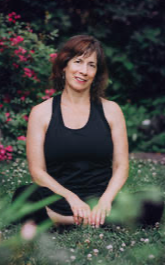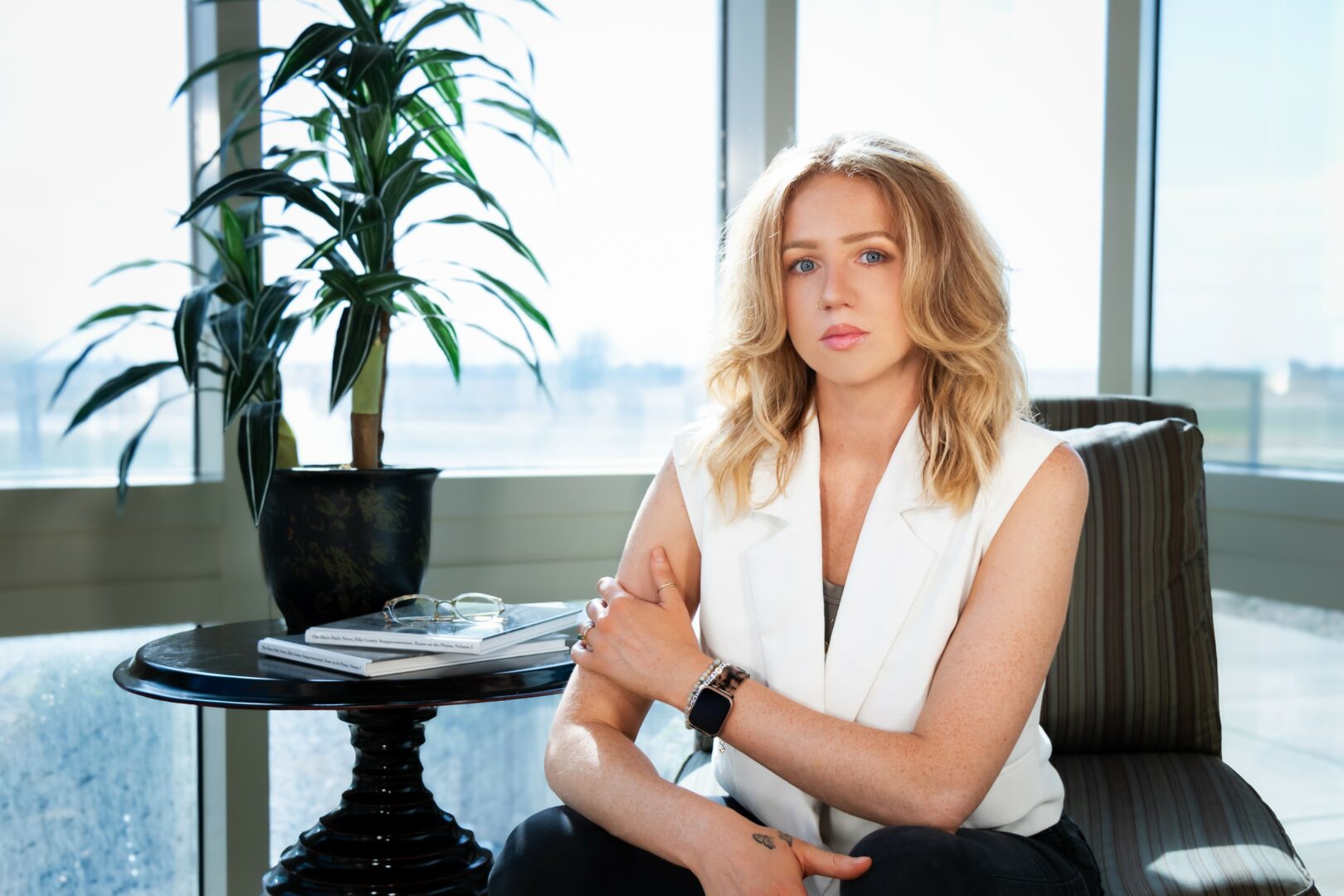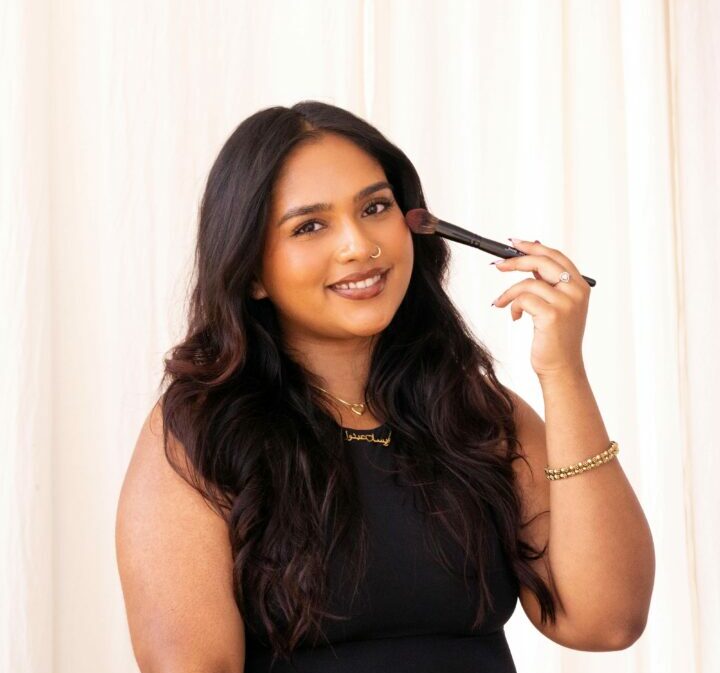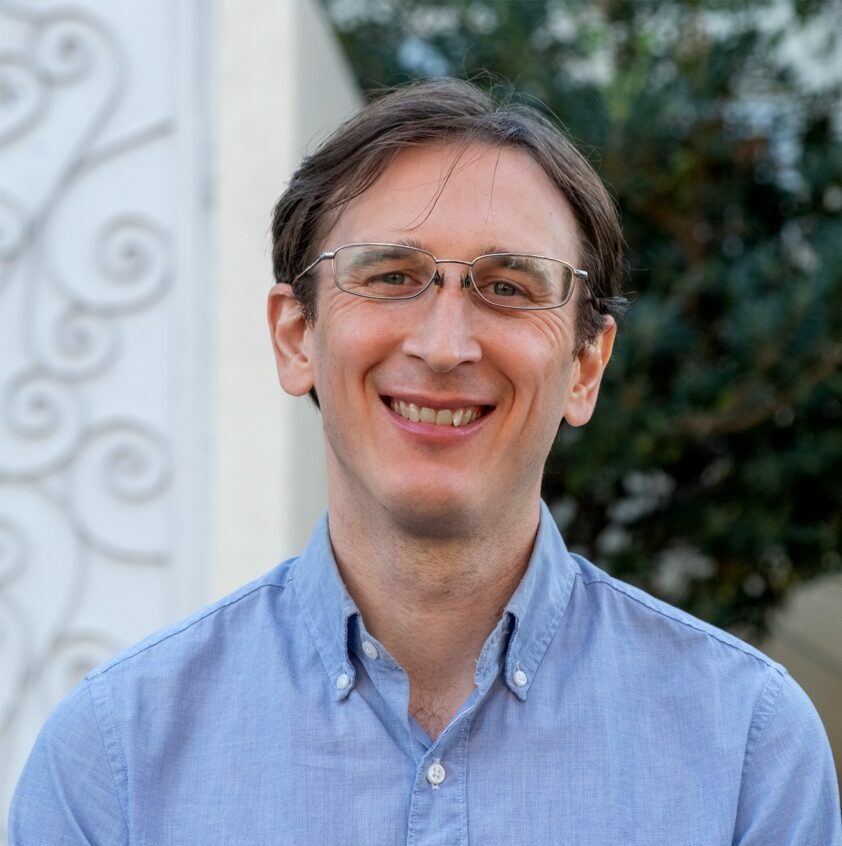We caught up with the brilliant and insightful Alyson Adashko Raskin, PhD a few weeks ago and have shared our conversation below.
Alyson, we’re thrilled to have you on our platform and we think there is so much folks can learn from you and your story. Something that matters deeply to us is living a life and leading a career filled with purpose and so let’s start by chatting about how you found your purpose.
Purpose is a process, a path of discovery which for me, requires embodied listening, participation and discernment. YOGInquiry, a dynamic, transformational practice that I developed, which combines compassionate embodied inquiry with trauma-informed yoga, is a way I continue to discover my purpose.
I believe my mother knew her life was limited (partially because she had survived Hodgkins Lymphoma when she was a child) and she lived, loved, worked and played large with the time she had (She died when she was 39 years old). My mother was into yoga in the 70s, well before it was all the rage, and I remember sliding beside her as she practiced to Lilias Folan’s daily afternoon Yoga program. The familiar poses we practiced together soon became my own.
I’m not saying that the stark contrast before my mother’s prolonged illness and death (she died of brain cancer when I was 14) and my home life after her death (where I was exposed to years of misattunement from my father and the partner he brought into our once predictable and loving home) led to the direction of my life’s purpose: helping myself and others heal trauma through embodied inquiry, but it was pivotal.
During that time, and for many years to follow, I experienced the following trauma responses: A part of me dissociated, or split off, from myself, including not being present in my body; I felt shame and that what was happening was my fault; My antenna for safety became stuck on high alert.
Only I had no idea that these were, in fact, trauma responses until many years later, even after I had received a doctorate in psychology and mind body studies!
It was not until I was trained in TRE (tension and trauma release exercises) and neurogenic yoga, less than ten years ago, that I realized that my nervous system responses and thoughts were due to trauma, and that there are practical ways to nurture the nervous system and heal. This awareness offered me a great sense of relief, freedom and possibility!
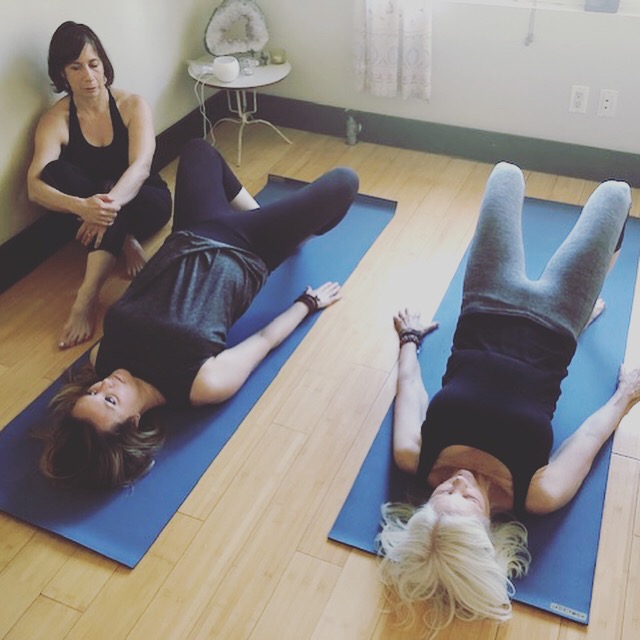
Thanks for sharing that. So, before we get any further into our conversation, can you tell our readers a bit about yourself and what you’re working on?
After years of studying mind and body psychotherapies, I developed YOGInquiry as a way to move from an experience of overwhelm and/or helplessness (trauma/stress response) to resiliency (or our ability to handle what life brings us). We know in the neuroscience literature that stress and trauma are found within the body. We bring to light that which has been in the shadow through body (bottom up)/mind (top down) practices in order to come back to more regulated states, grow and heal.
The contraction of our body/mind is our nervous system’s natural protective response. We disconnect from what is too painful in order to survive and feel safer in the face of threat. Over time, however, our nervous system may not register with accuracy what is actually a threat. We may be really good at acting like we have it all together (I was!) while really living in a contracted trauma response (I was and still do sometimes!) These contracted patterns may look like hypervgilance, addiction/impulsivity, perfectionism, limiting/false beliefs/catastrophic thinking, chronic tension /illness, shallow breathing/movements, sleeplessness, high anxiety and depression and stuckness/feeling like a hamster on a wheel, etc. Although it may feel safer to be contracted, there is no opportunity for movement or growth.
YOGInquiry offers the possibility of building our own resources for self-regulation (what allows us to recognize support and love). During the practice we get to choose what we will do at every moment, as choice is how we counter the experience of overwhelm and helplessness, and create healthy boundaries. As we bring compassion, curiosity and courage to our exploration of movements, breath, feelings, thoughts etc. from an embodied perspective, we have the opportunity to shift the state of our nervous system, shed limiting beliefs and patterns that have been running our lives, and develop new empowering patterns. When we practice YOGInquiry together, we have the opportunity to tap into our collective wisdom and creativity, shine light on all parts of ourselves and come into wholeness.
I invite you to my free YOGInquiry class on zoom weekly at 8:15 am eastern. In addition, I offer YOGInquiry workshops online and in person. All information can be found at nurturethenervoussystem.com.
Alyson Adashko Raskin, PhD. is a Certified Yoga Teacher and founder of YOGInquiry, which blends embodied inquiry with trauma-informed Yoga. She is also an Advanced Clinical Hypnotherapist, a Neurogenic Yoga® and TRE® (Tension and Trauma Release) facilitator, and a school psychologist. Alyson currently teaches trauma-informed yoga teacher trainings.
Alyson holds certifications in Kundalini Yoga, Ancient Ayurvedic Yoga, Prenatal Yoga, Cardiac Yoga, Children’s Yoga, and Yoga for the Special Child. She has completed Advanced Yoga Teacher Trainings through Vesselify (90 Monkeys) and Advanced TRE Trainings. Her integrative approach also draws upon training and studies in clinical, psychoanalytic, school, somatic, and positive psychology, bilingual/multicultural studies, nonviolent communication, breathwork, anatomy for injury prevention, orthobionomy, Yoga, and Psyche training (based on the integration of somatic experiencing and Yoga), shadow constellations and IFS (Internal Family Systems).
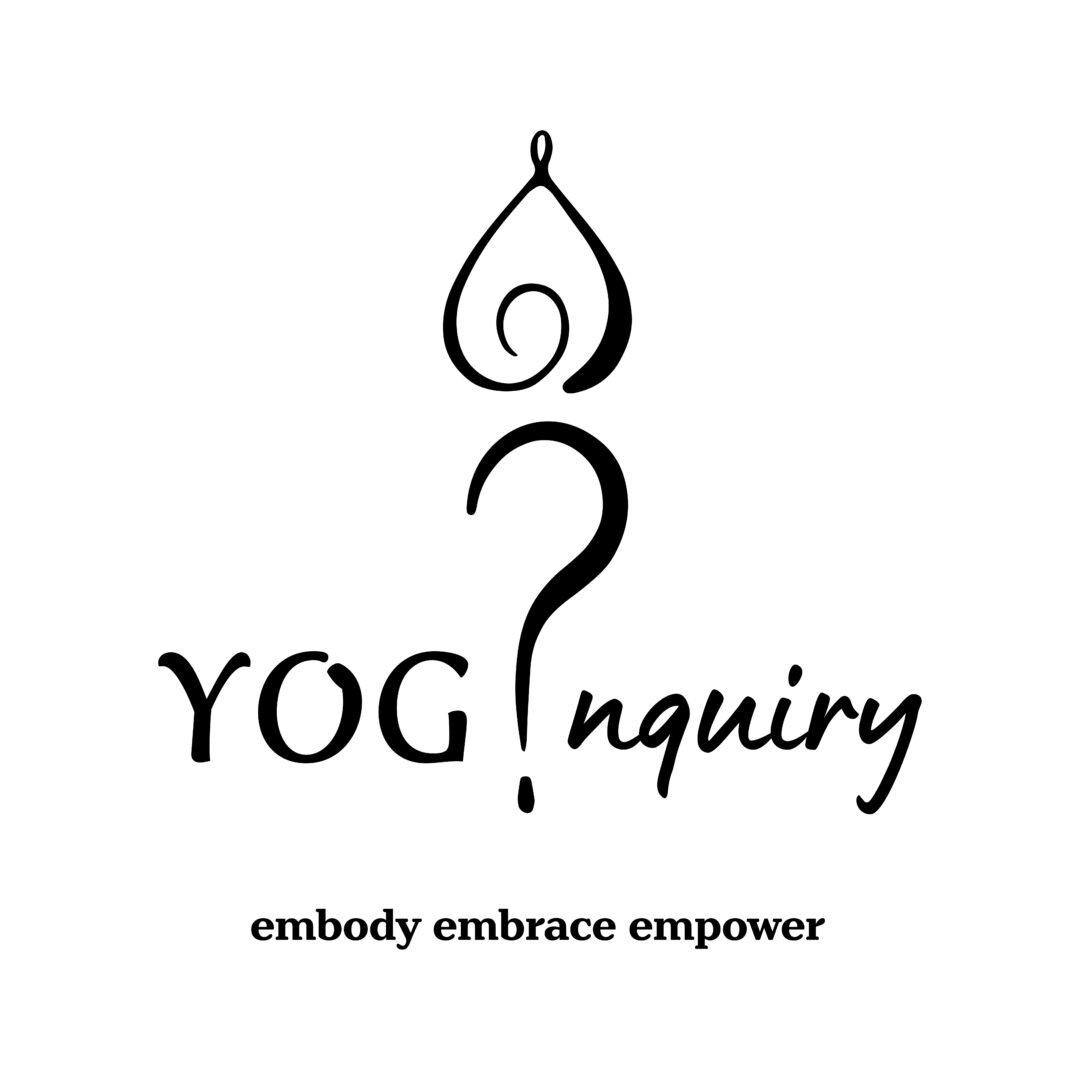
There is so much advice out there about all the different skills and qualities folks need to develop in order to succeed in today’s highly competitive environment and often it can feel overwhelming. So, if we had to break it down to just the three that matter most, which three skills or qualities would you focus on?
1. There is an inner voice within each of us which calls upon, guides and leads us toward following our truth, our life’s purpose. This is our Self (Our capital S Self based on the Internal Family System model). Although this voice may reflects our “true nature.” there are also many other voices, or parts of ourselves, which may also have agendas. For example, there my be parts of us that are scared, angry, wounded, etc, and we need to learn how to understand and work with all of these different parts in order to provide space for us to flourish fully. There is such a push and pull to escape the moment, and we need to be fully present to listen to and integrate the many different parts of ourselves (that complain, resist, want to hide, feel shame, etc), follow our own callings and grow.
2 Nervous system responses are human and are meant to keep us safe. Many of these responses, such as fight, flight, flee, freeze, fawn, among others, are trauma responses, and are human, natural and normal. The origin of these responses are physiological and generally unconscious, developed for good reason (to keep us safe) but over time, they may not reflect what is happening in real time. In other words, parts of us may live in the past or in anxiety about the future, may have faulty neuroception (our ability to sense danger) ,and we may need to update and upgrade our nervous system with embodied self-regulation strategies.
.
3. We cannot do it alone. We are meant to connect, to connect with our higher self as well as with each other. Our nervous system is wired for connection and it is in community that we actually heal.
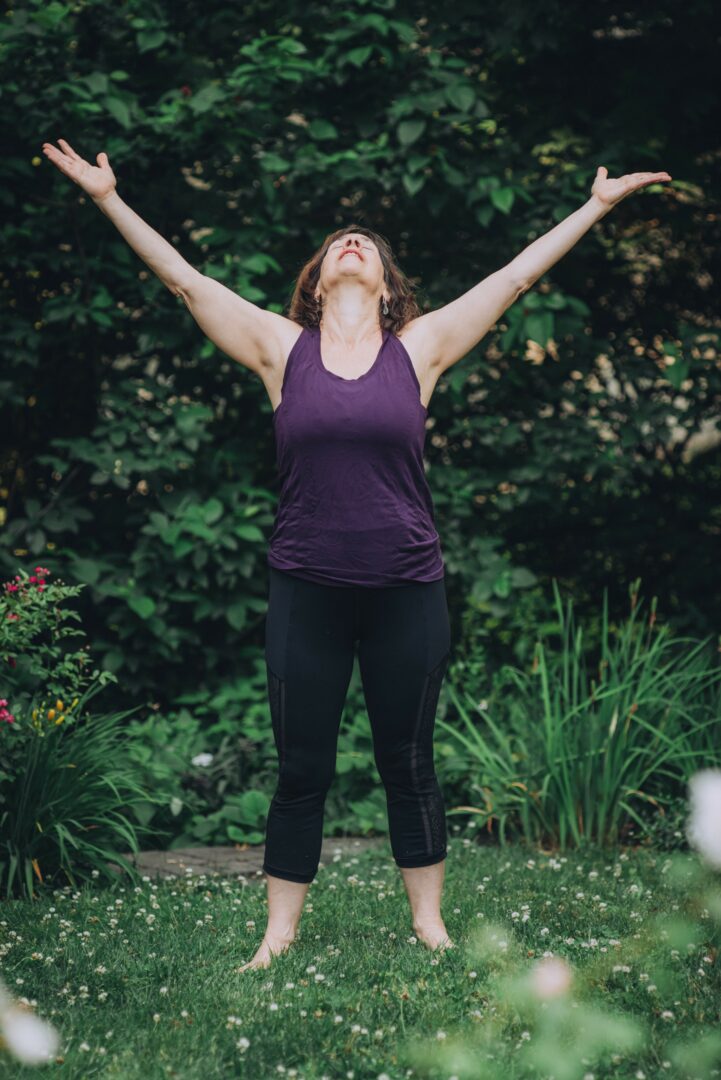
All the wisdom you’ve shared today is sincerely appreciated. Before we go, can you tell us about the main challenge you are currently facing?
The other side of fear is love and aliveness, as is so beautifully articulated by Marianne Williamson. My number 1 obstacle that I face on a daily basis is being courageous enough to tolerate the discomfort that arises when I face fear.
The demons I battle are mine, but I recognize that they are also my ancestors and beyond. I must face my own personal shadow, or unconscious parts, as well as the inherited, cultural and/or societal secrets that also reside in my body.
The ultimate fear is that of dying. Although I am quicker to come back to regulation around my own illness or fear of illness, or the illnesses of my loved ones, my nervous system freeze responses can take over. What I do to resolve this is to do my own work, privately and in community, and to continue to use the tools I teach to nurture the nervous system. It is a process and a practice!
Feelings of abandonment can also feel like death. The child, even when faced with neglect, may blame themselves instead of the caretaker as a way of staying connected and not being abandoned, as a form of survival. As an adult, I recognize the pain those feeling of abandonment stir up, and how I have spent so much energy trying to prevent this from happening in my relationships with others, including when I was treated wrongly by others.
Bravery for me includes being with the discomfort of those uncomfortable feelings (including feelings of shame) in relationships which are no longer serving me. It also involves stretching the muscle of coming by to my own sovereignty even after recognizing the nervous system response of fawning (when we suck up to others in order to keep the peace, avoid their ire, or gain favor as a survival mechanism), where I do or don’t do, say or don’t say as an act of courage. Finally, letting things go, forgiving, not holding on to resentment as an act of self love.
Contact Info:
- Website: https://nurturethenervoussystem.com/
- Instagram: alysonraskinyoga
- Facebook: https://www.facebook.com/YOGInquiry/
- Linkedin: https://www.linkedin.com/in/alysonraskin/
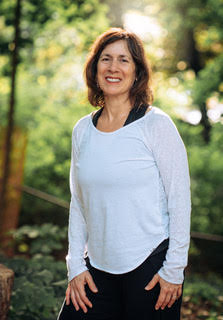
Image Credits
I have rights and permission
so if you or someone you know deserves recognition please let us know here.

